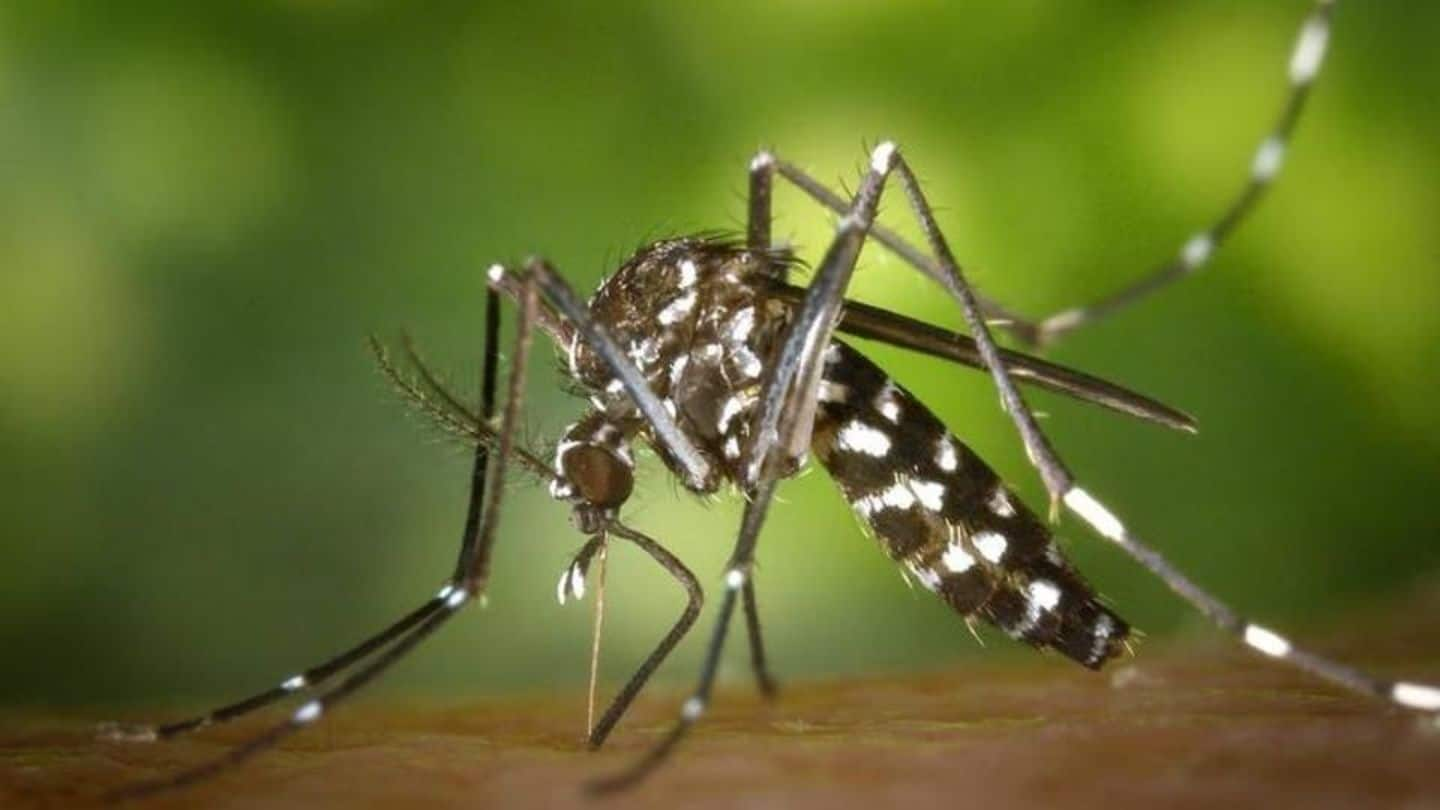
New device detects malaria in seconds, at just Rs. 10
What's the story
Researchers in Kolkata have devised a new portable device that can detect malaria in seconds at just Rs. 10. The system developed by experts from Institute of Engineering and Management and the Indian Institute of Engineering Science and Technology, Shibpur, can also detect dengue with some modification. All they used to create the new model is a mobile phone camera and a paper microscope.
Details
The framework was manufactured at just Rs. 80
For the new system called 'Centaur', researchers fitted the camera on a paper microscope, set the magnification at the relevant level, and developed an algorithm to process images and determine if malarial parasites are present, said IEM Professor Nilanjana Dutta Roy. The paper microscope can be assembled with other simple components like paper and lens. The overall manufacturing cost is roughly Rs. 80.
Benefits
People could save a lot of time and money
Dutta Roy listed the problems with the current test: "One blood test costs at least Rs 200. The person has to visit the pathological centre and it takes at least eight hours for the results to arrive." But Centaur can be conducted at home at just Rs. 10, and be over in seconds. In their trials, they had achieved 90% accuracy in test cases.
Information
What's happening with the revolutionary invention now?
The developers have patented the detection, monitoring and mitigation framework called Centaur. It has been sent to the state government for approval. Once that is done, it could come of much help in remote villages where there are no pathological centres.
History
Similar attempts made earlier
Earlier, John Lewandowski, a PhD student at MIT, developed the RAM (Rapid Assessment of Malaria) device to detect malaria in five seconds. The main advantage, claimed medical professionals, was its speed. "In India, the field study of 250 patients showed a 93-97% accuracy," he said. However, the battery-operated 'low-cost' machine made with plastic box, circuit board, magnets, laser etc came at Rs. 6,500.